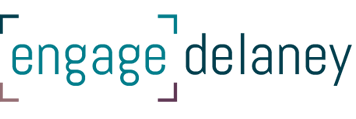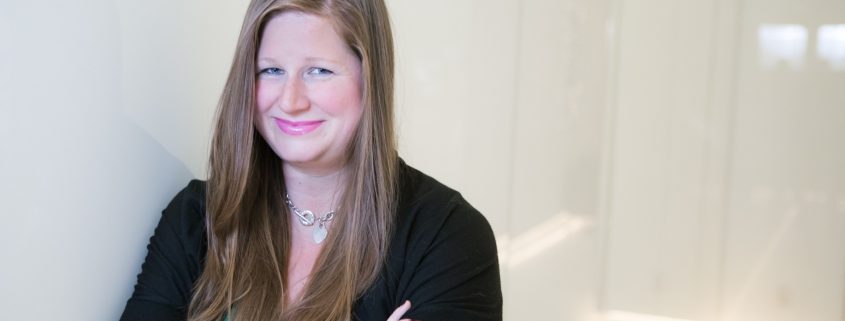Informed Humility: Research, and Still Know that You Don’t Know (everything)
I said it during a course just a few weeks back: “We need to aim for informed humility”. I’ve since searched the term and haven’t found it, so I am not sure if I’ve coined it if this is old news with a new name, or just very closely aligned with cultural humility. Regardless, I wanted to share one of my key fall learnings with you.
Intellectual humility is often described as being open-minded, and intellectually courageous. A person who possesses cultural humility is often described as being self-reflective and understands they have their own, as well as systemic, biases they bring to interactions with people from cultures different than their own.
From my perspective, informed humility could very well be a mash-up of both concepts.
So, why does this matter? Well, informed humility, for me, is about doing the research, but still knowing you don’t know everything there is to know. For example, if you are going to be engaging a particular First Nation, you need to do your research, learn what you can about the community, its leadership, traditions, protocols for engagement, history, and experiences, and still know that you don’t know it all. The same goes with engaging people who are Deaf and hard-of-hearing, non-English speakers, different cultural communities or other groups different from your own.
Being proactive in research is key to informed humility – we should not arrive at any engagement with the mindset of “I don’t know, so tell me.” This is being lazy, not open.
Increasingly, in my engagement practice and in my training work, I see first-hand how people are exhausted at educating those who sponsor processes or make decisions. One mother with a disabled daughter described the experience of constant education like this: “You are always educating people on how to help you and you need to do it with a smile.”
A particularly insightful and thoughtful participant in a recent course referred to it as an “emotional burden”. When she shared her insights on the emotional burden, she described it as not just involving the education of others, but also in defending oneself. She said: “The fem(ale) of colour shouldn’t have to call something out as racist, or misogynistic.” By placing the emotional burden of cultural experience and education on women and people of colour, we are offloading our responsibility onto groups that are traditionally marginalized.
So, in the season of back-to-school learning and continuous improvement for the engagement professional, I’d like to share three ideas around creating your own practice of informed humility:
- Do the research and demonstrate your commitment to learning and understanding before you launch a process or even design it;
- Come with an honest, open intention of facilitating safe, inclusive spaces; and
- Always ask yourself: How could this be better? What do I need to know?
The processes we design and host are not about us as public participation professionals. A practice of informed humility can go a long way in creating processes that are safe, inclusive and grounded in community.
If you want to get a jumpstart on informing yourself in these issue areas, I recommend the following books as a starting point:
- Blindspot: Hidden Biases of Good People, by Mahzarin R. Banaji, Anthony G. Greenwald
- So You Want to Talk About Race, by Ijeoma Oluo
- 21 Things You May Not Know About The Indian Act, by Bob Joseph




